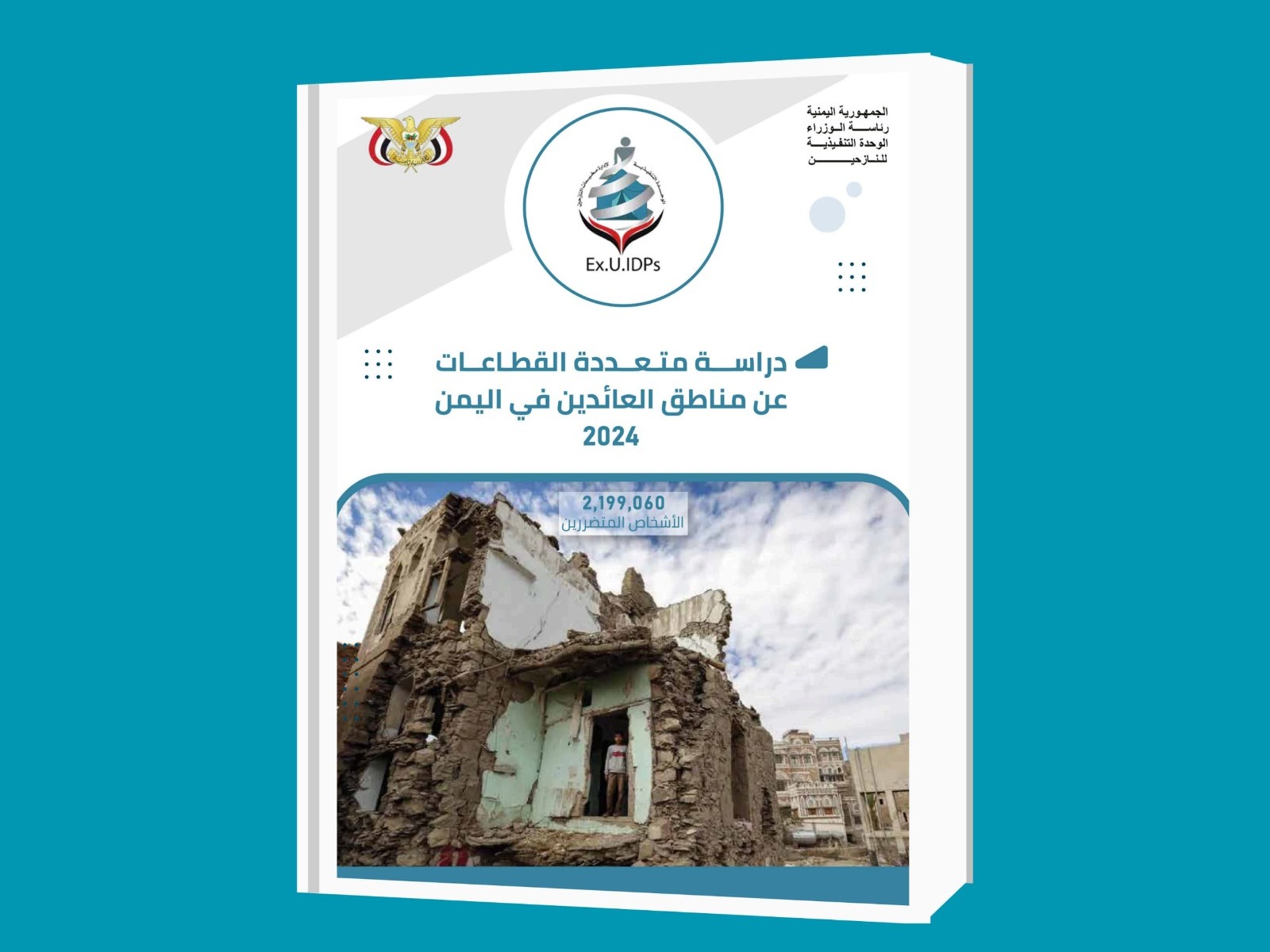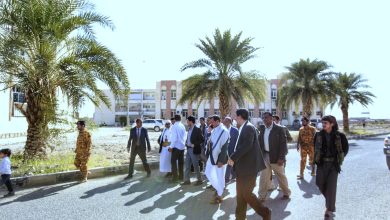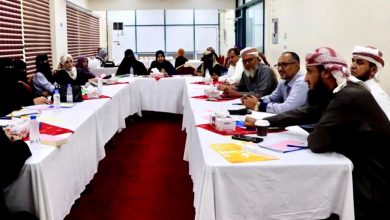In a significant development today, the Executive Unit for IDPs launched a comprehensive survey titled “The Returnees in Yemen,” exploring the realities faced by those returning to their homes and areas of return. The study delves into the number of returnees, their locations, and their needs across various humanitarian sectors, based on a thorough field survey conducted in 12 Yemeni provinces.
Key Findings on Returnee Populations
The study, a copy of which was obtained by the Yemeni News Agency (Saba), reveals that the number of returnee families in the liberated areas has reached 410,770, equivalent to two million and 199,060 individuals distributed across 1,433 areas. Aden province emerged as the top location, hosting 755,036 returnees, accounting for 34.33% of the total returnees in the liberated provinces and 49% of the overall returnee population.
Housing and Infrastructure Needs
According to the survey, a total of 40,163 homes have been completely destroyed out of 625,538, with another 93,011 homes partially damaged. The need for repair and reconstruction is most acute in Taiz province, which requires 317 homes to be rebuilt, followed by Shabwah with 109 homes. The study highlights a dire lack of water projects and public sewage networks in the areas populated by returnees, with 236 water projects non-functional across 73 districts in 12 surveyed provinces.
Health and Food Security Challenges
The returnee areas are in desperate need of healthcare facilities, with 835 locations identified as having an urgent need for such services. Approximately 28% of health facilities in these areas receive no support, with some lacking medical staff altogether. The survey also underscores significant food security challenges, noting that 285,388 returnee families lack a stable source of income, and 41,648 families are in need of land reclamation for agriculture.
Education and Protection Gaps
The report identifies 1,724 schools in the returnee areas, with 28.12% of the surveyed returnee locations lacking educational institutions. Moreover, 103,194 students are not enrolled in education across the surveyed areas. The study also points to protection issues, with 22,512 families having lost their documents and over 315,248 families requiring legal support.
Recommendations for Sustainable Solutions
The survey advocates for permanent solutions through the adoption of sustainable projects and collaboration between government institutions and humanitarian teams. It emphasizes the importance of involving returnees in planning their future and establishing mechanisms to meet needs across all humanitarian sectors. The study also calls for joint efforts to enhance community peace and reduce tensions between host and returnee communities.
This comprehensive survey provides crucial insights into the challenges faced by returnees in Yemen, highlighting the urgent need for coordinated efforts to address their humanitarian needs and ensure their successful reintegration into society.
To follow the news in Arabic

 Al-Aradah discusses military and security developments with the UN envoy’s military advisor and their impact on the peace process.
Al-Aradah discusses military and security developments with the UN envoy’s military advisor and their impact on the peace process. Tariq Saleh discusses the latest developments with the UAE ambassador.
Tariq Saleh discusses the latest developments with the UAE ambassador. Mareb officials and the Technical Education Authority launch the furnishing of the Community College, funded by Kuwait.
Mareb officials and the Technical Education Authority launch the furnishing of the Community College, funded by Kuwait. Workshop on violence against girls concludes in Aden, focusing on awareness and prevention strategies.
Workshop on violence against girls concludes in Aden, focusing on awareness and prevention strategies. Training customs personnel in Qatar on monitoring strategic goods.
Training customs personnel in Qatar on monitoring strategic goods. Al-Thuqali discusses efforts to document the Socotri language and directs preparations for the heavy vehicles site at the port.
Al-Thuqali discusses efforts to document the Socotri language and directs preparations for the heavy vehicles site at the port.